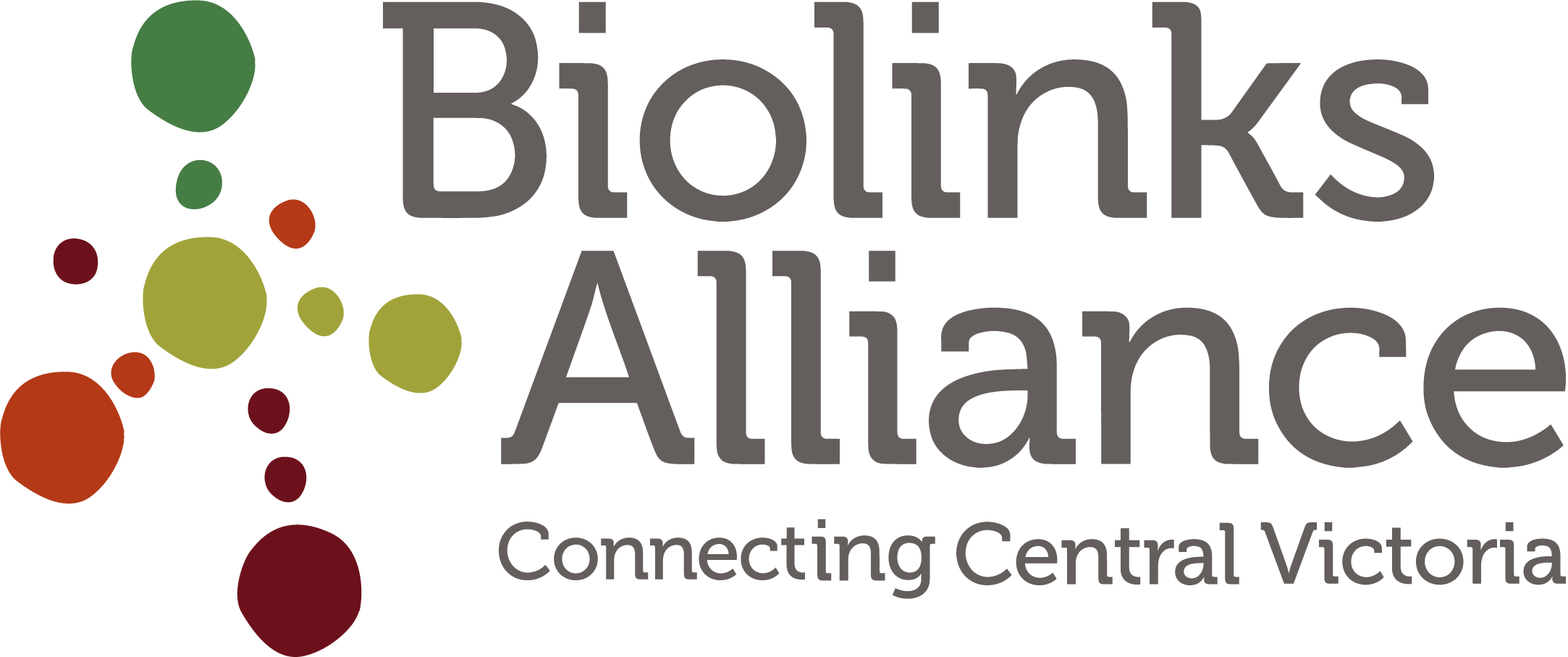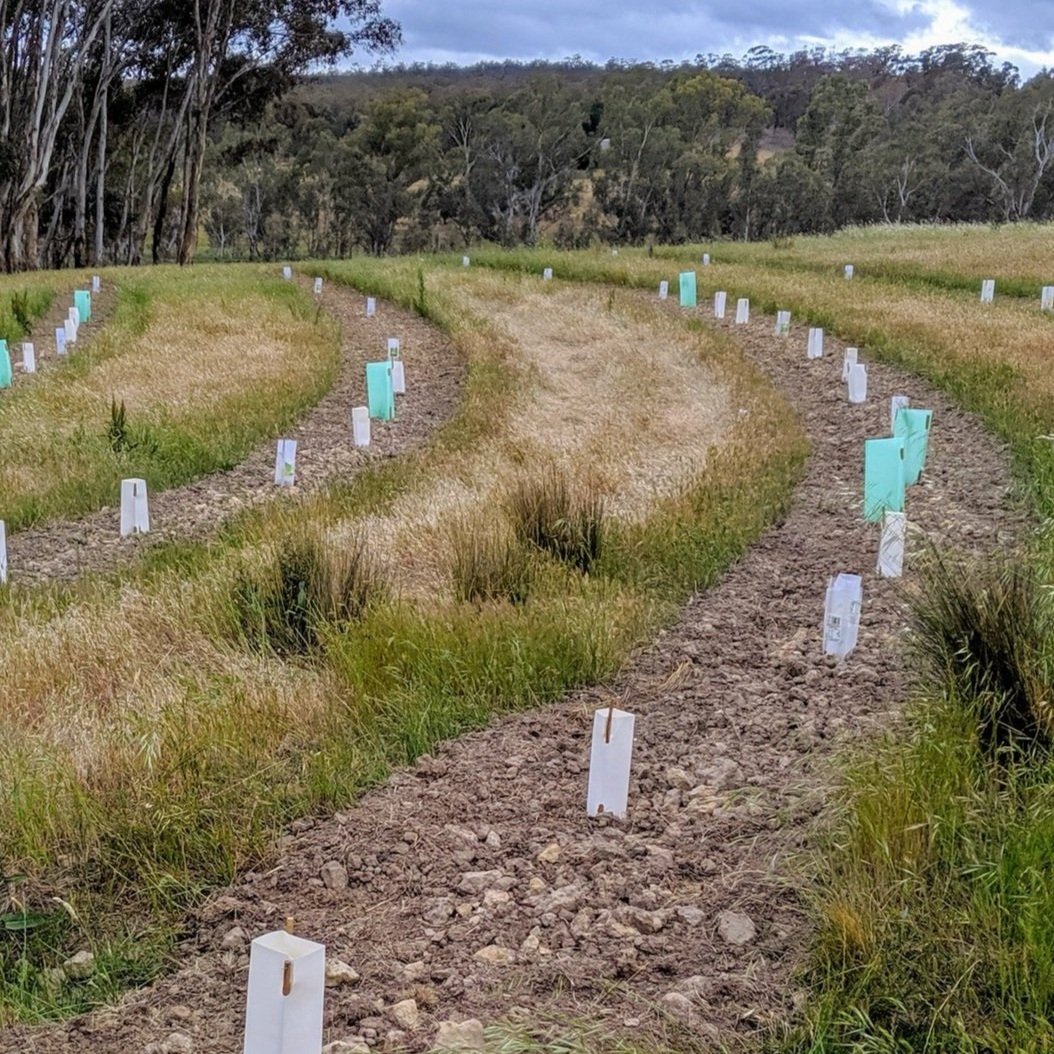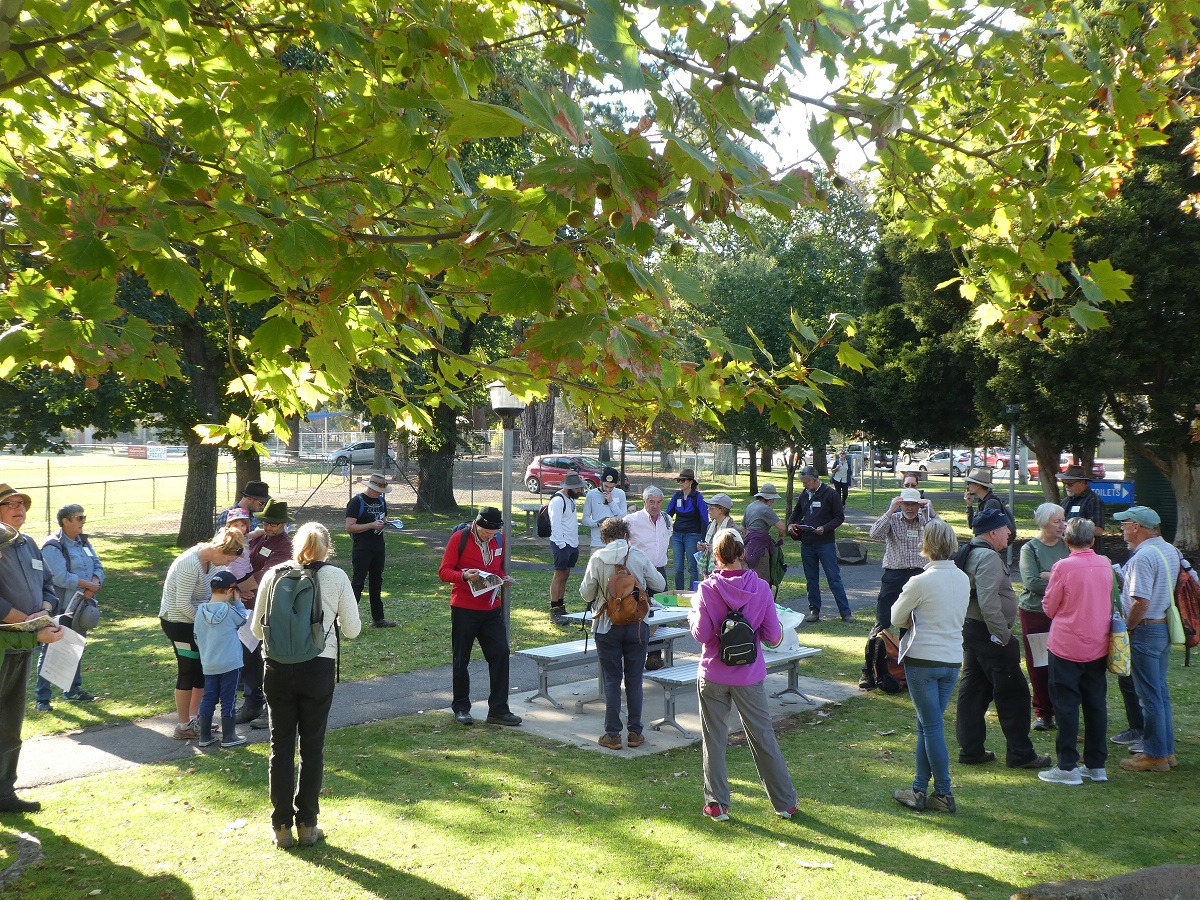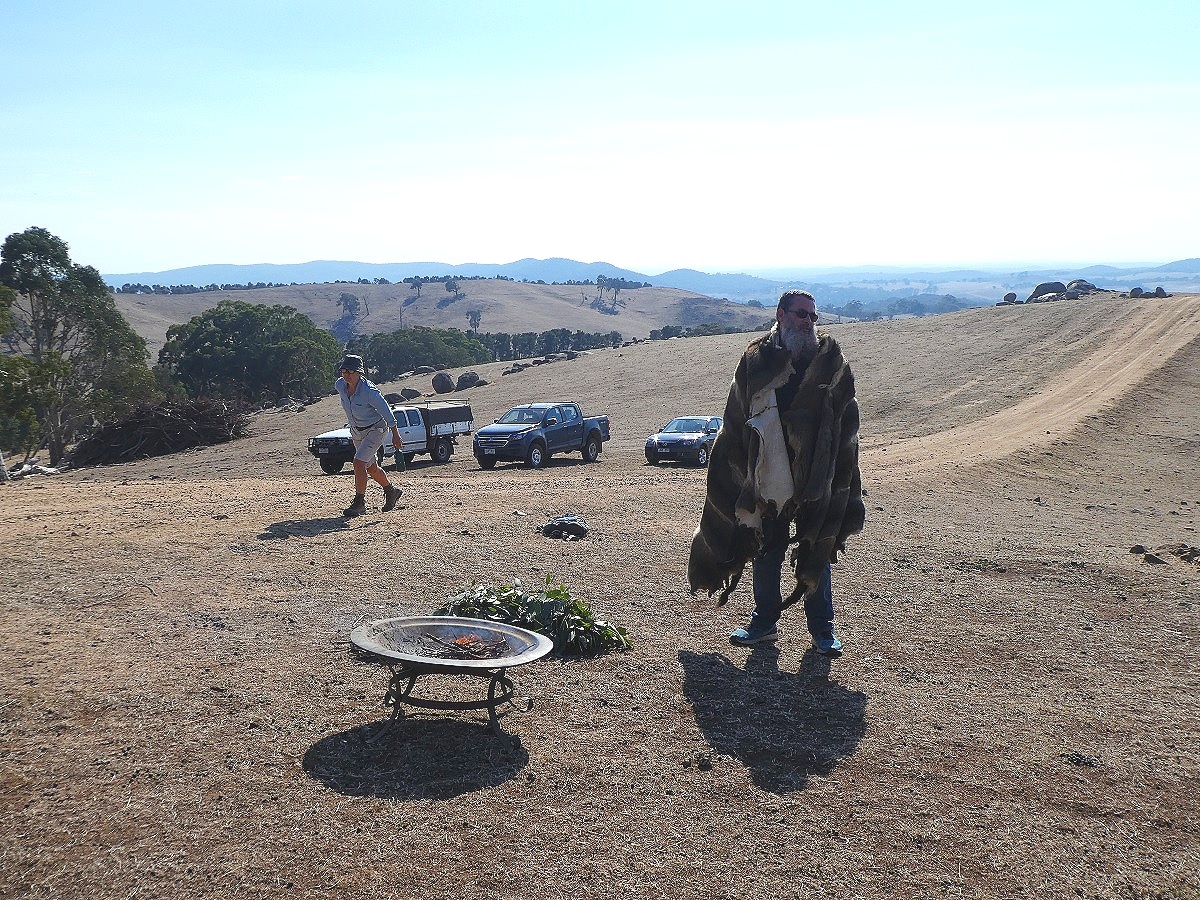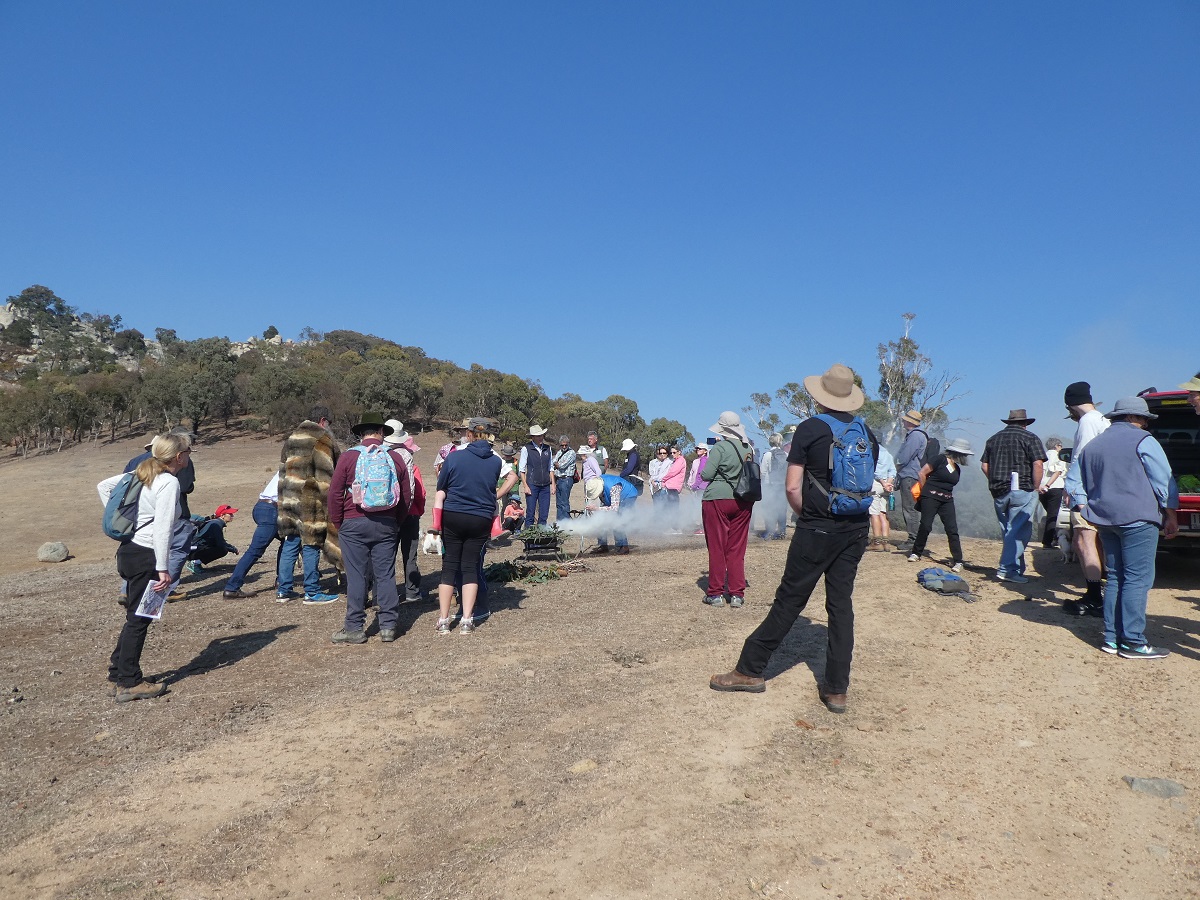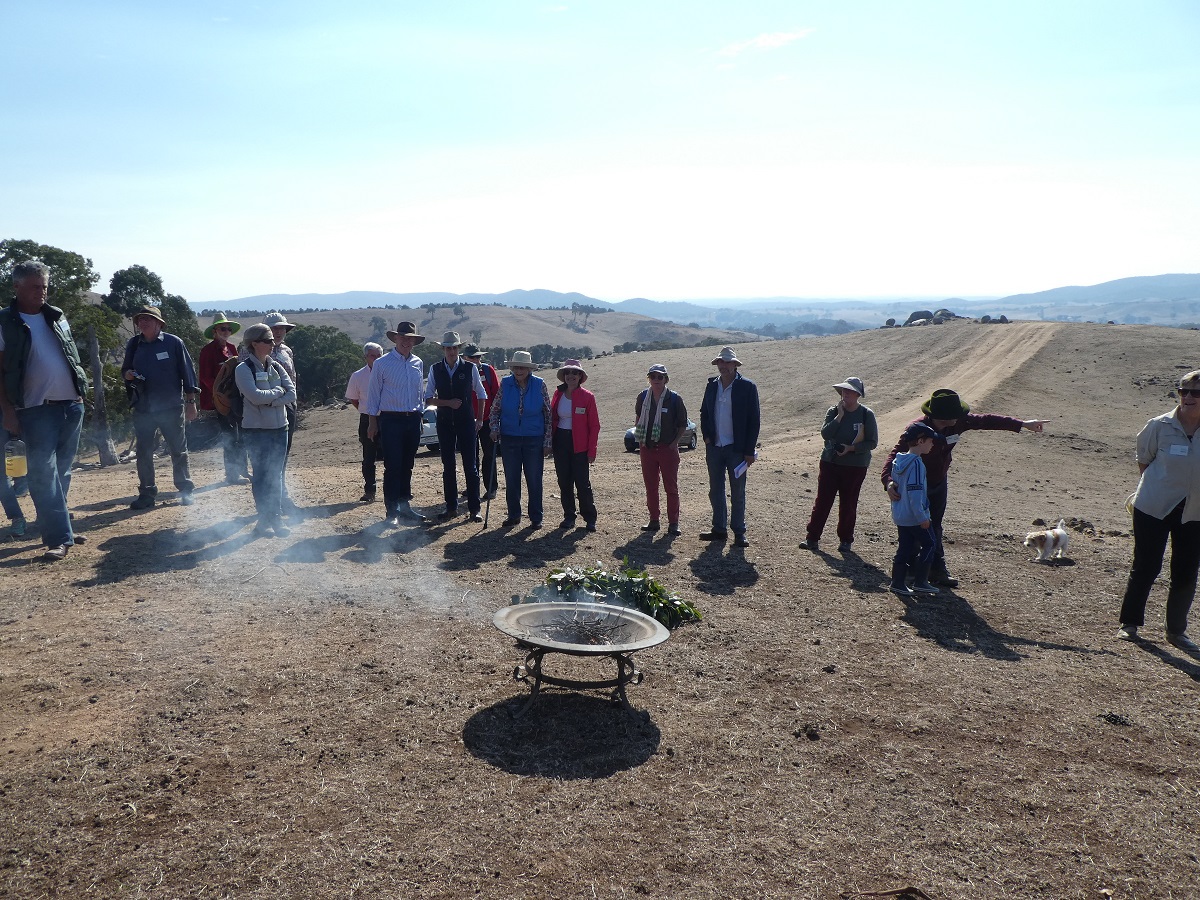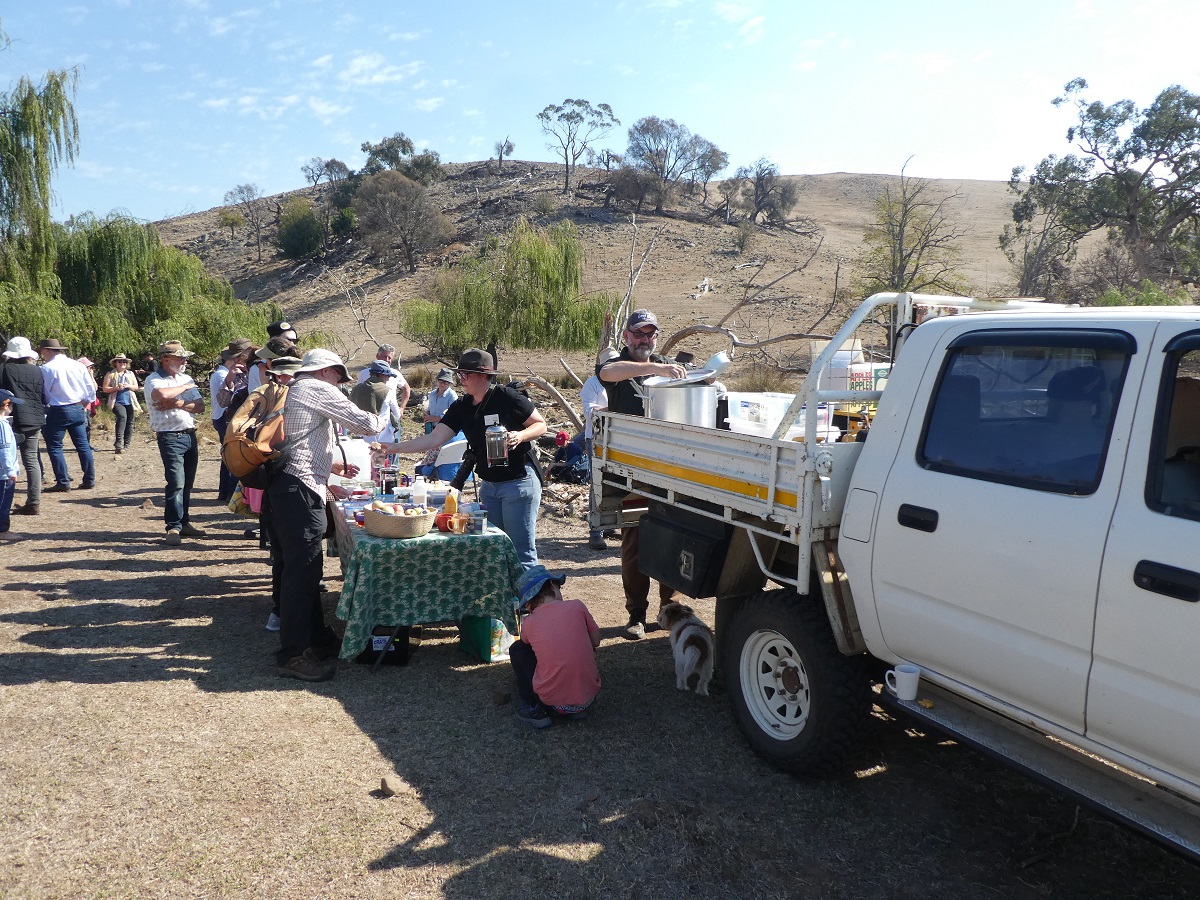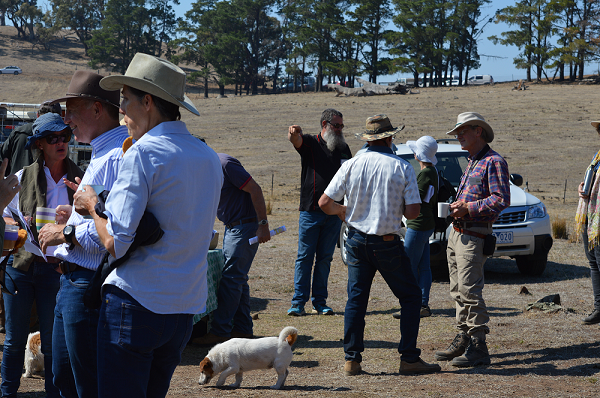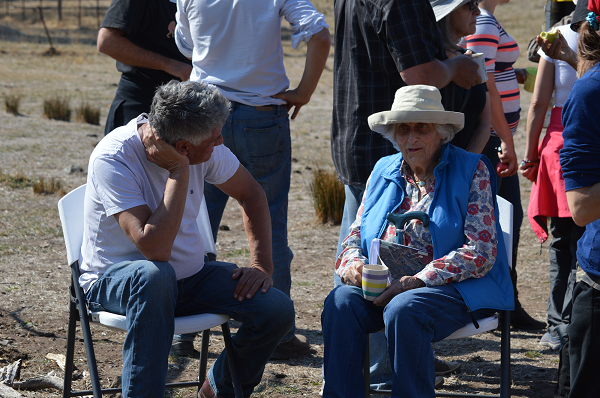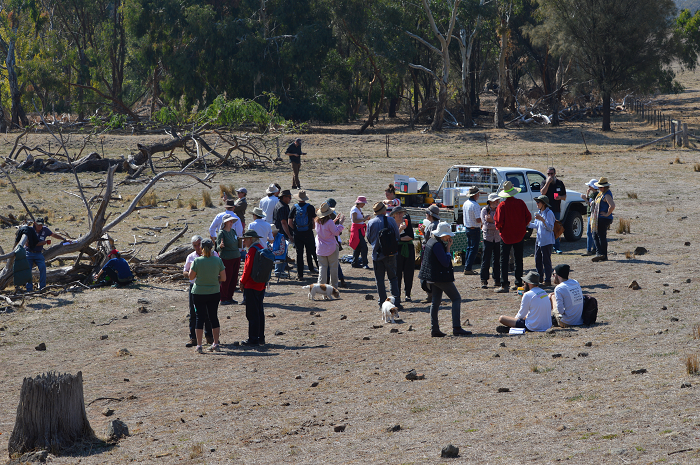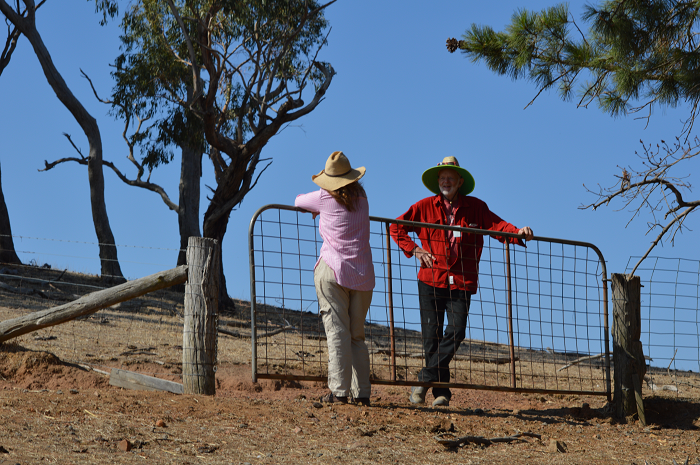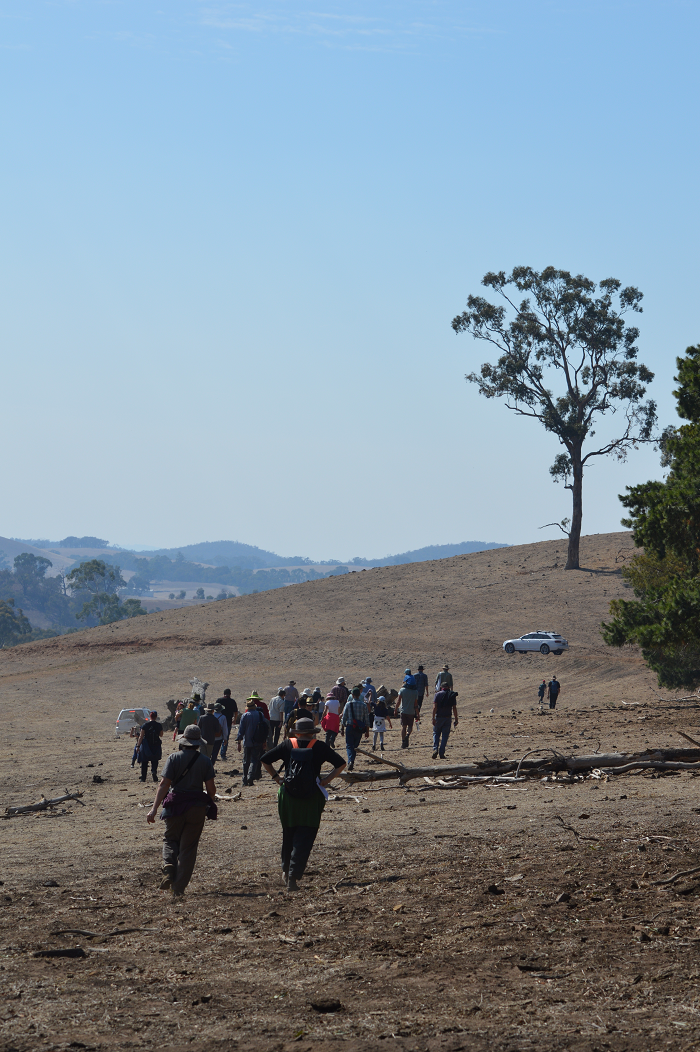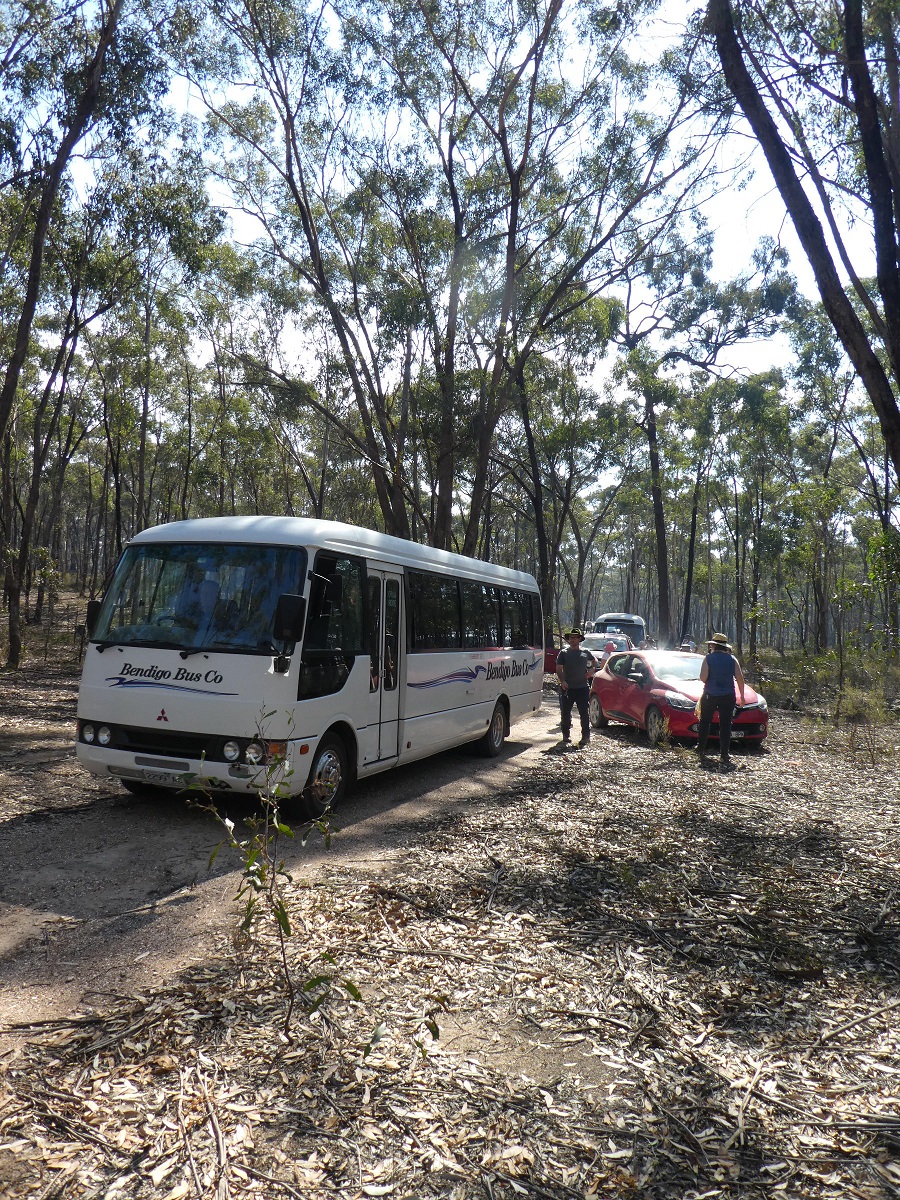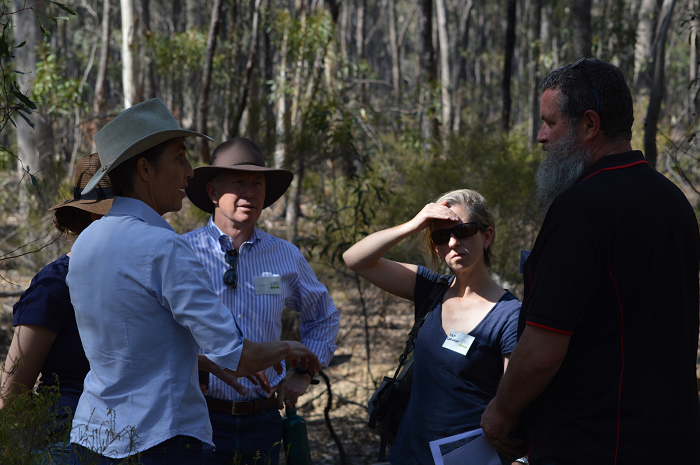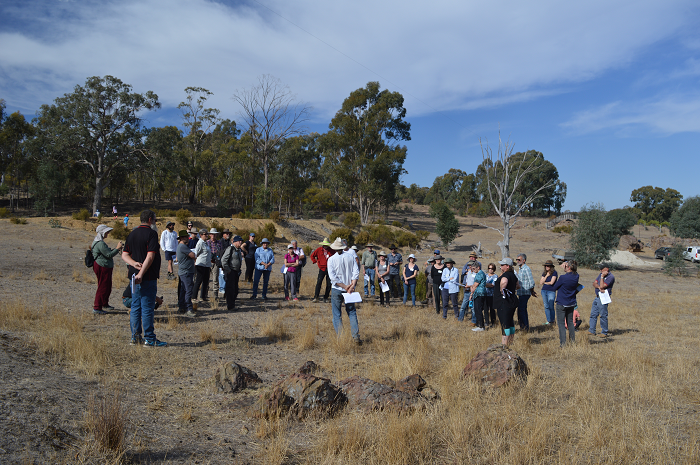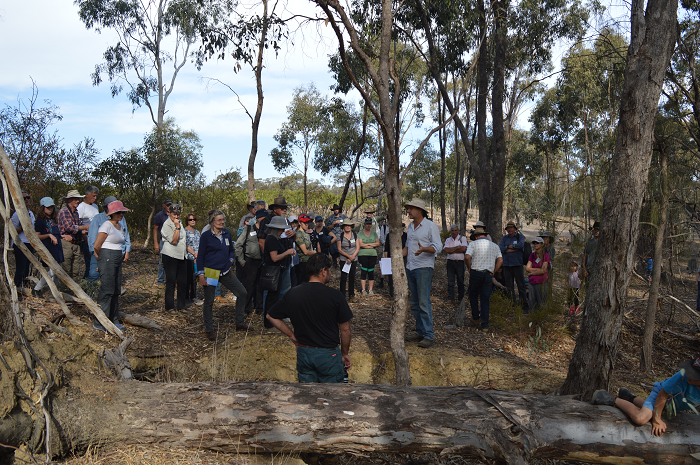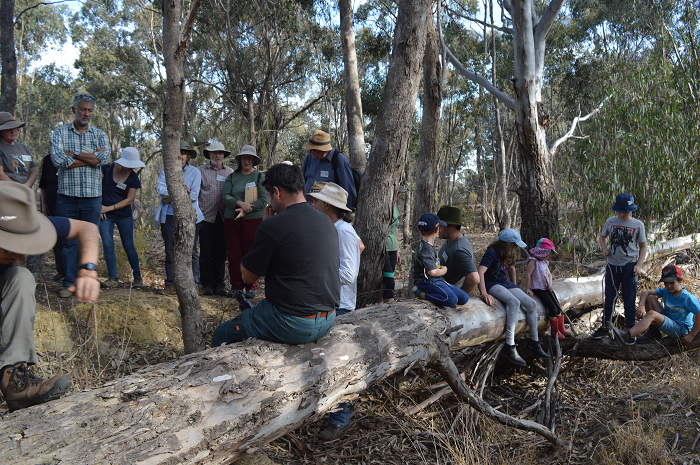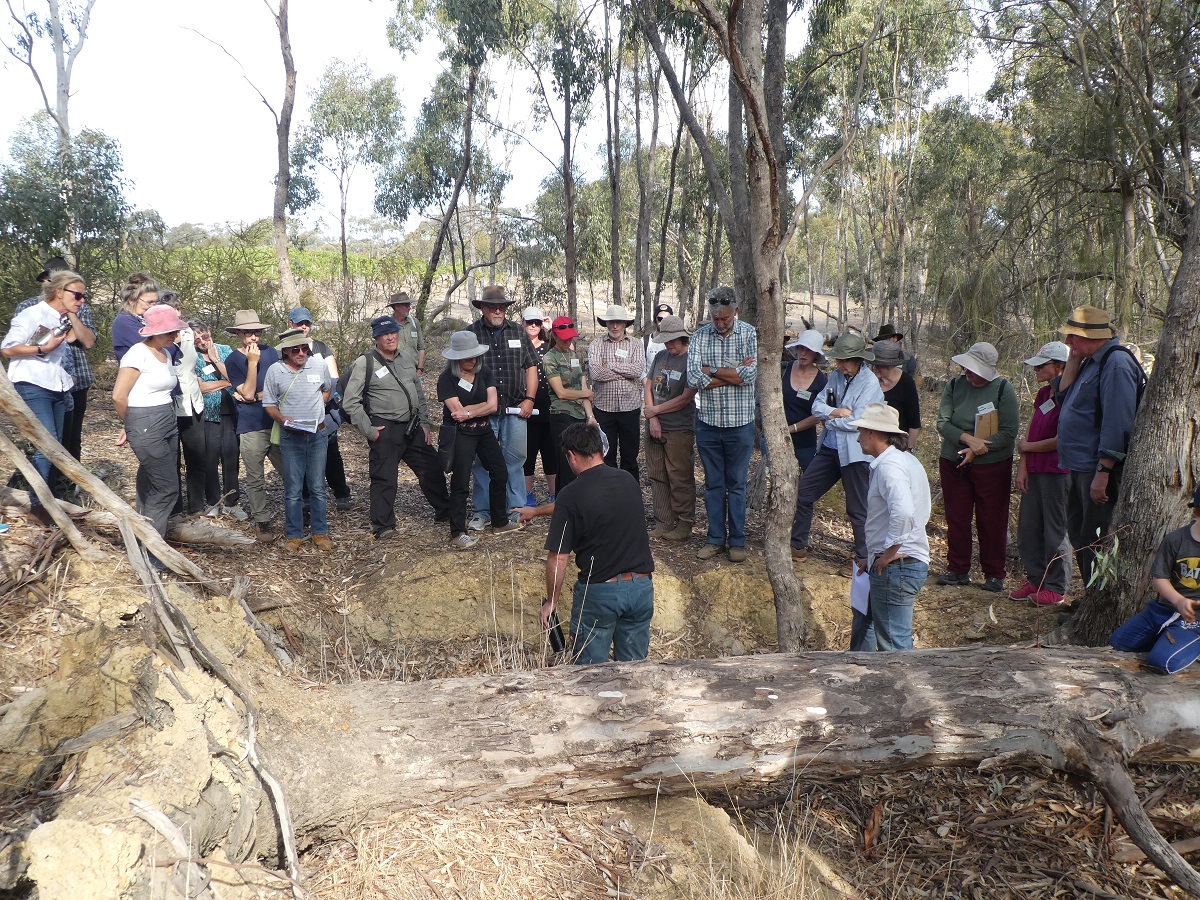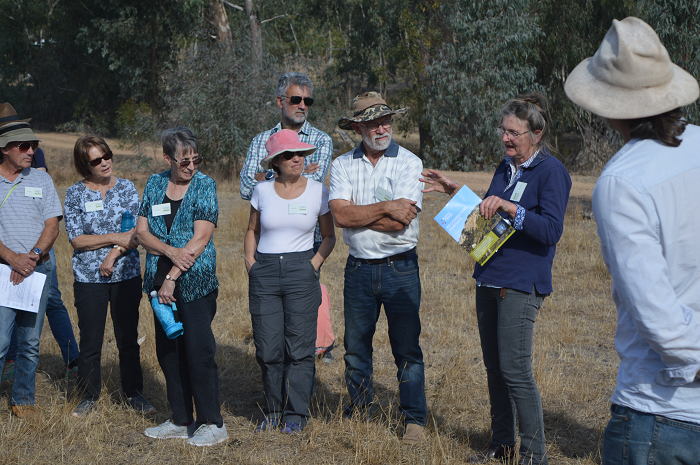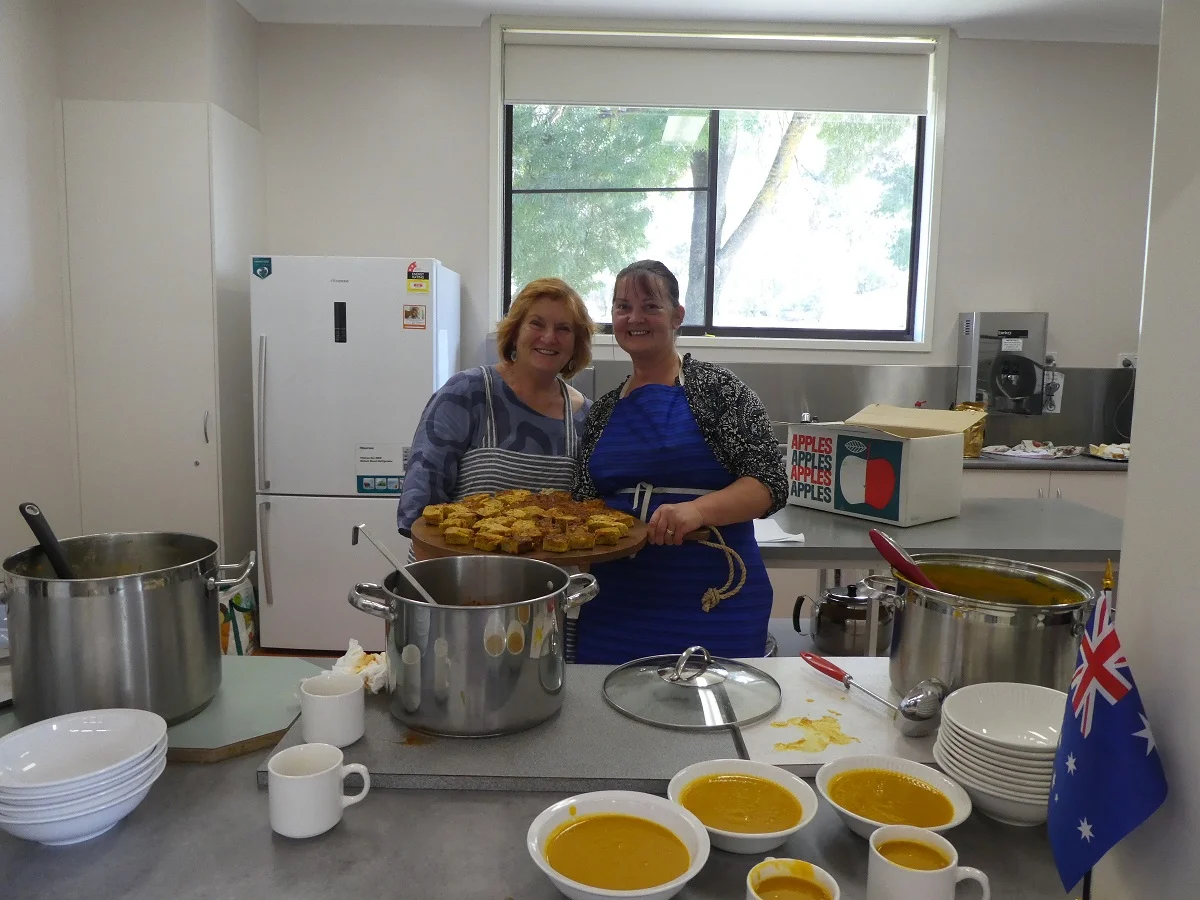Heathcote Local to Landscape
Heathcote Local to Landscape is community-led, landscape-scale ecological restoration in the Heathcote region. Together, we are building a vibrant, healthy and climate resilient future for the area.
Heathcote Local to Landscape is focused on urgently fostering habitats for wildlife and threatened species by building the skills, knowledge and capabilities of local landholders and the community in the Heathcote region, on Taungurung Country. Read more about the Biolinks Alliance Local to Landscape process.
Pilot projects demonstrating new and innovative ecological approaches
Heathcote Local to Landscape includes pilot projects that are based on the latest thinking and use innovative and scientifically sound ecological approaches: Spring Plains Watershed Repair, Large Old ‘Hero’ Trees and Healthy Soils.
These pilot projects demonstrate the impact we can have through our combination of ecological interventions. We look to share and help adapt these approaches for use in other landscapes across the region.
Working with landholders to reconnect and regenerate their land
We work with local landholders to reconnect habitat and monitor wildlife on their properties. This includes the installation of nest boxes, and helping landholders monitor camera traps to detect wildlife - including endangered Brush-tailed Phascogales.
Revegetation with indigenous species, ecological thinning, and fencing around important habitat features are all part of the habitat improvements on local properties.
These works have been supported by WIRES , Landcare Victoria, the Ross Trust, and the Ian Potter Foundation.
Large Old Trees atop a hill in the Heathcote region. Image: Paul Foreman
Citizen Science
Citizen Science is a backbone to the pilot projects that are integral to the Heathcote Local to Landscape plan and prospectus.
More than 630 have been contributed by 359 volunteers to the Spring Plains Watershed Repair pilot project so far - a key project in Heathcote Local to Landscape.
The aim of Citizen Science is to increase community involvement in our pilot projects. People of all ages can participate.
Citizen Science includes activities like monitoring of reptiles, kangaroos, pollinators, small mammals, native vegetation, birds, and mapping of Large Old ‘Hero’ Trees.
Interested in Citizen Science around Heathcote?
Please click the link below and cite ‘Heathcote Local to Landscape Citizen Science’ in your response.
Interested in mapping a Large Old ‘Hero’ Tree?
Please click the link below to map a Large Old ‘Hero’ Tree.
Pilot #1 Spring Plains Watershed Repair
Springs Plains Watershed Repair is the first of its kind in Victoria landscape–scale restoration pilot project. It targets a local hotspot for threatened woodland birds, such as Swift Parrots, and aims to repair landscape health and build resilience to climate change.
The pilot uses a combination of innovative ecological repair techniques to restore the health of a gully in Box-Ironbark Forest.
Notably, this project paves the way for a new approach to building climate resilience and restoring biodiversity in Goldfields landscapes at scale, that the organisation can share and help adapt for use in other parts of the region.
Pilot #2 Large Old 'Hero' Trees
Large Old ‘Hero’' Trees is raising the profile and empowering the Heathcote community to protect large old native habitat or ‘Hero Trees’ (including Grey Box – Eucalyptus microcarpa, Yellow Box – E. melliodora, Red Iron Bark – E. tricarpa).
These trees are important landscape connectors, habitat and food sources for threatened birds (e.g. Swift Parrot) and arboreal mammals (e.g. Brush-tailed Phascogale) in the Heathcote region.
Phase 1 involves a citizen science mapping and monitoring program. It also involves educational field days, conservation interventions (on at least three significant Large Old Trees as a demonstration) and developing a plan for on–going Large Old Tree protection works.
Pilot #3 Healthy Soils (Leaky Landscapes)
As part of the Healthy Soils pilot project, Biolinks Alliance looks to work with landholders to restore the health of one of the most vital and underappreciated assets. Most farmers have seen in their lifetimes how soils can lose nourishing benefits to crops, livestock and biodiversity decline.
New, integrated approaches to managing soil are emerging and are showing a lot of promise. Not only do these approaches restore the health of soils but can be done cost effectively.
There has been a lot of interest from members of the Heathcote community about these emerging methodologies, and if enough people get involved, then real change can be achieved for the health of biodiversity, local communities and agriculture.
Heathcote Biolinks Walkshop
A Walkshop with community members (held on 14 April 2019) formed the backbone to the development of Heathcote Local to Landscape. It involved contrasting three different local landscapes in the broader Wild Duck Creek and Heathcote regional study area.
The aim of the day was to visit each landscape to discuss how each works ecologically, the impacts of land use and future threats, what is needed to restore landscape health to prevent species extinctions and mitigate against climate change, and how this might be approached in practice and in the context of sustainable land uses.
Bringing together locals: keen Local to Landscape Walkshop participants at a property on Vaughn’s Lane, Heathcote
Themes of the day:
Incorporating Indigenous perspective
Recognising and restoring biodiversity
Reading landscape patterns and processes (e.g. hydrology and groundwater, connectivity, productivity, etc.)
Regenerative agricultural – integrating humans and nature
How to achieve change and practical solutions
“I have probably only taken the area at face value previously, it seemed like a pretty uninviting environment. After gaining more knowledge, I am aware of more aspects and can appreciate what the area has been through and where it needs to go. ”
Images from the Walkshop showing the fabulous group who attended and the places we went.
Cameron O’Mara - Heathcote Local to Landscape Facilitator
For more information, contact Cameron O’Mara.
(cameron.omara@biolinksalliance.org.au)
